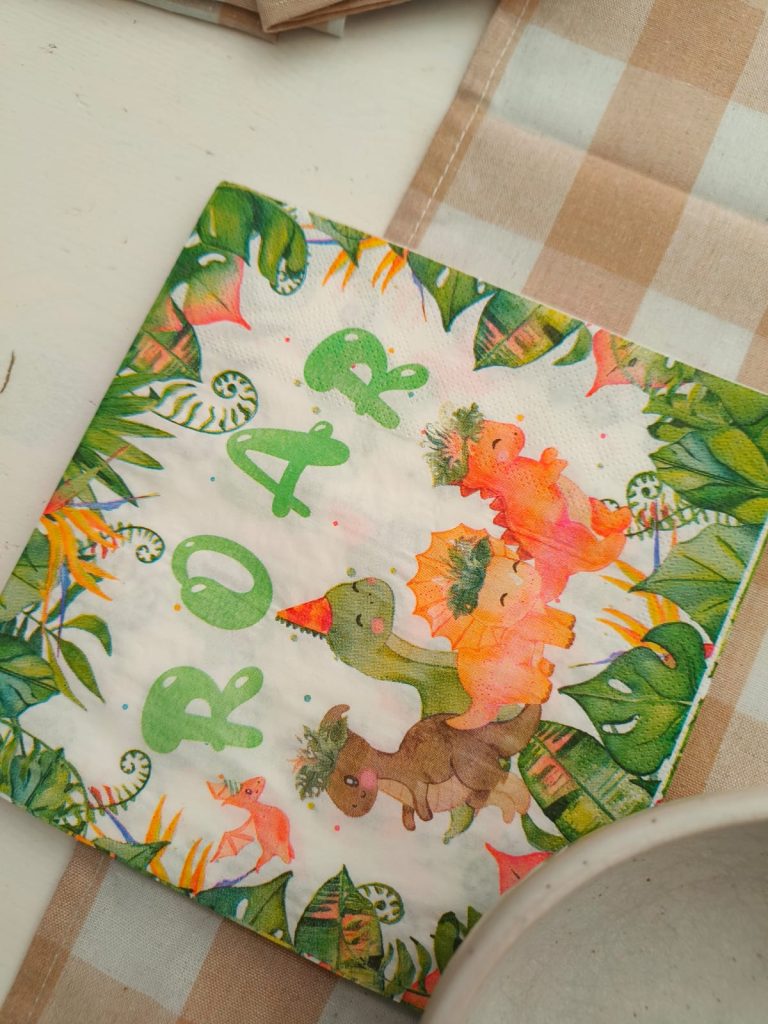
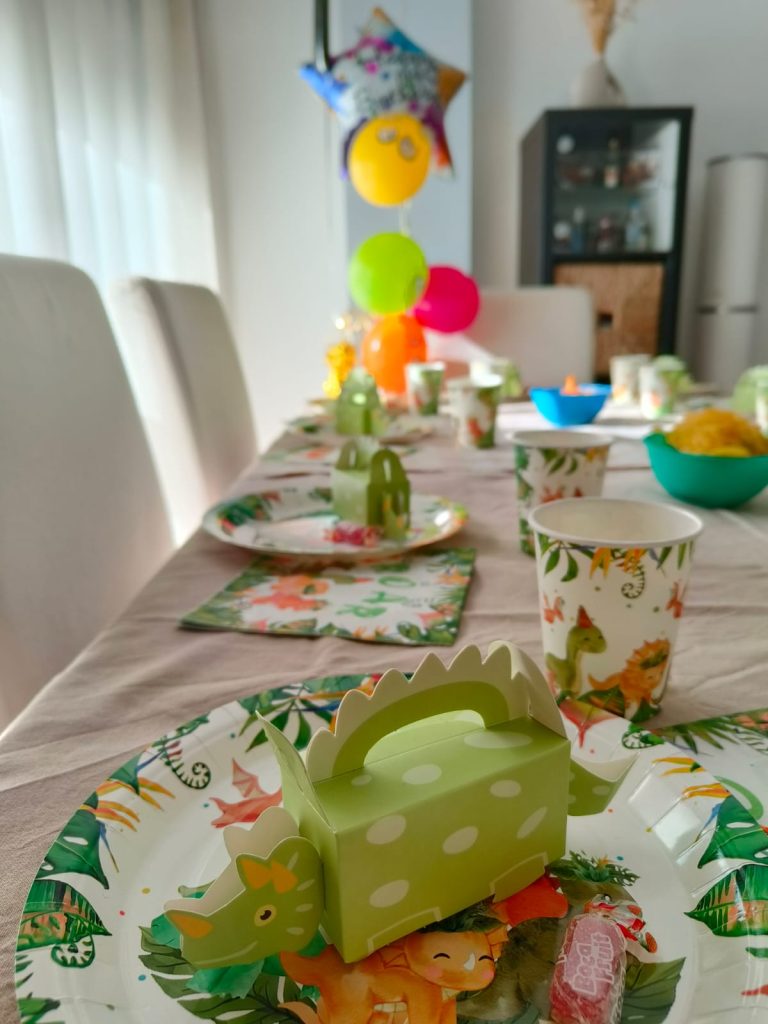
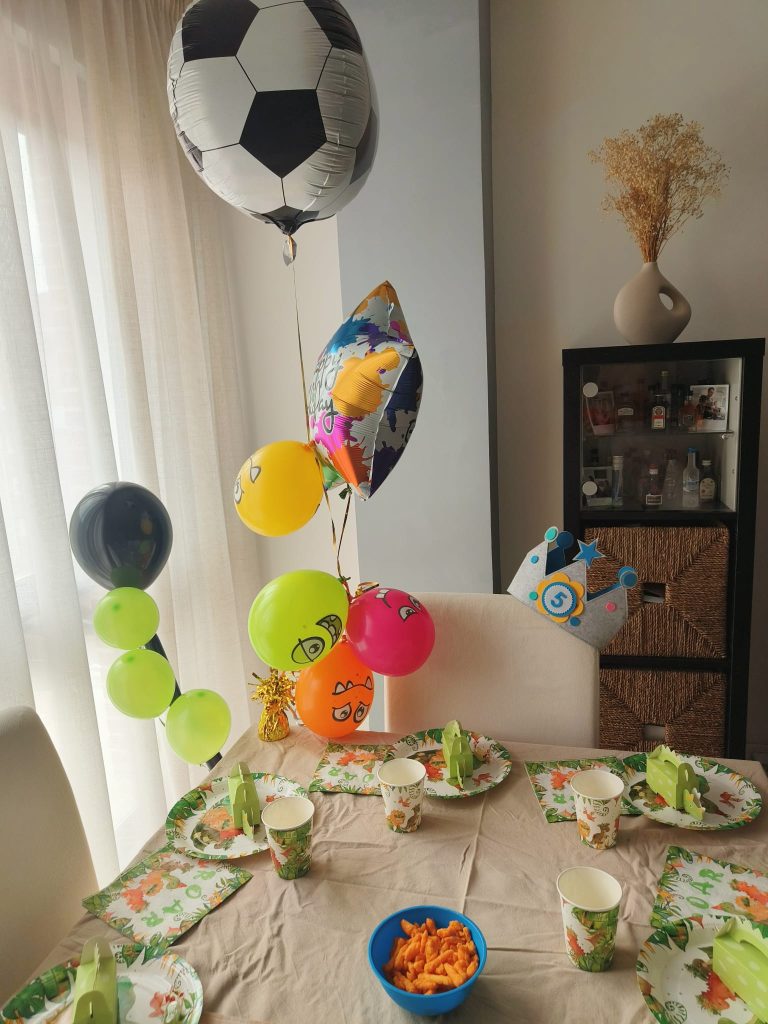
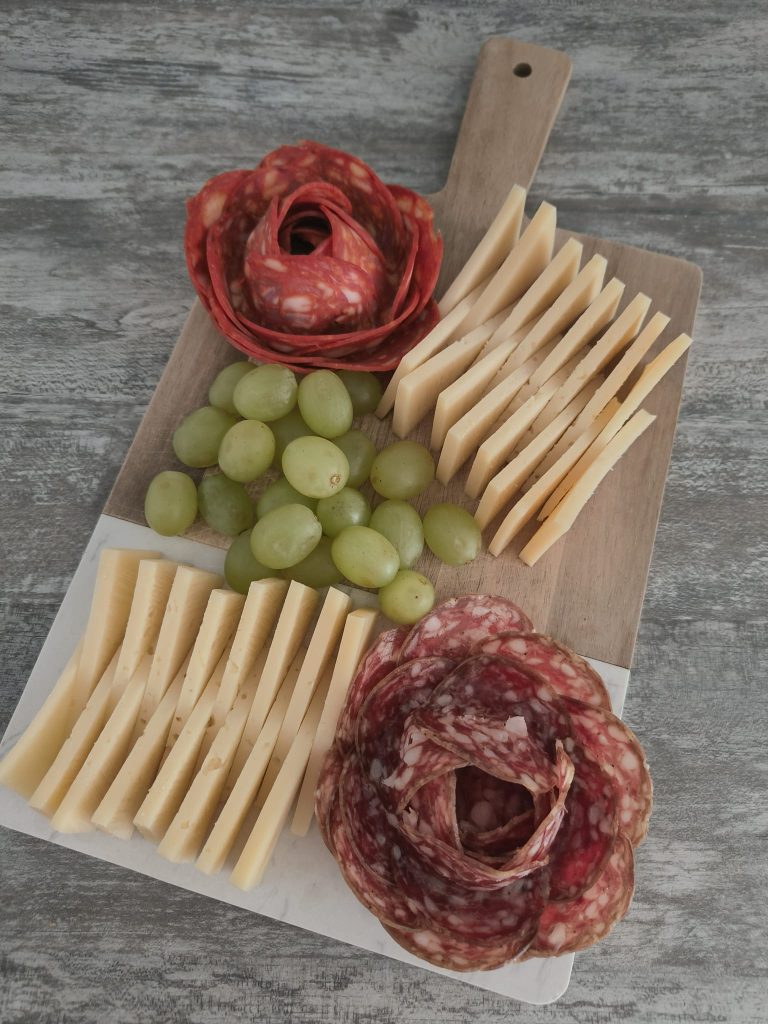
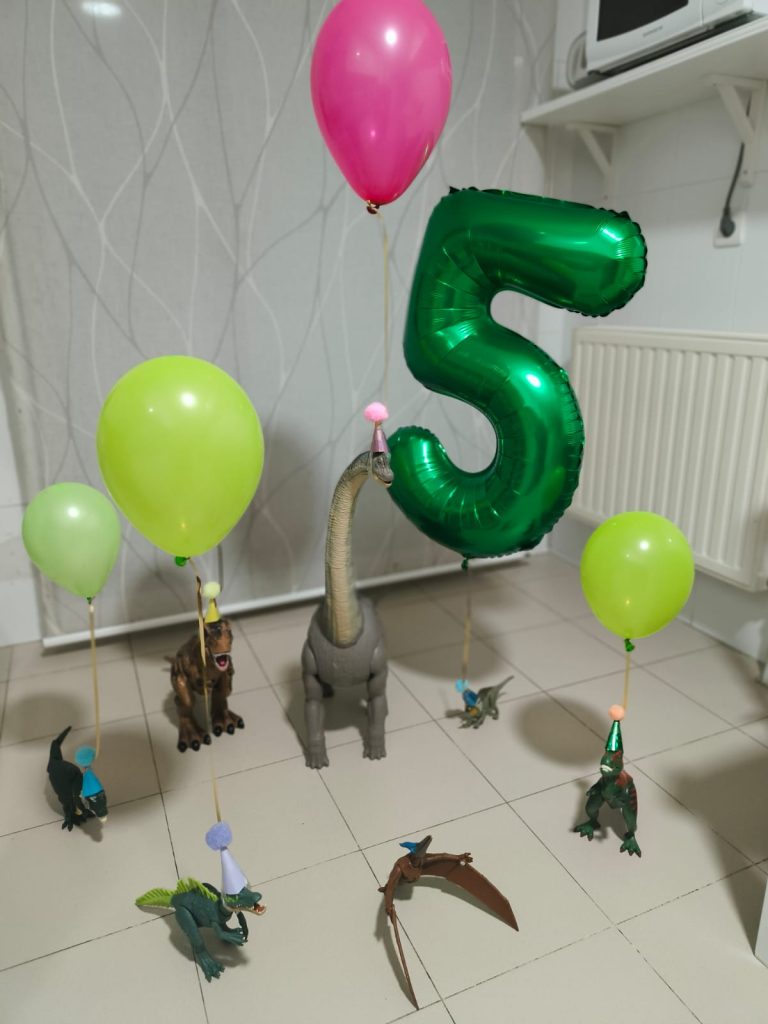

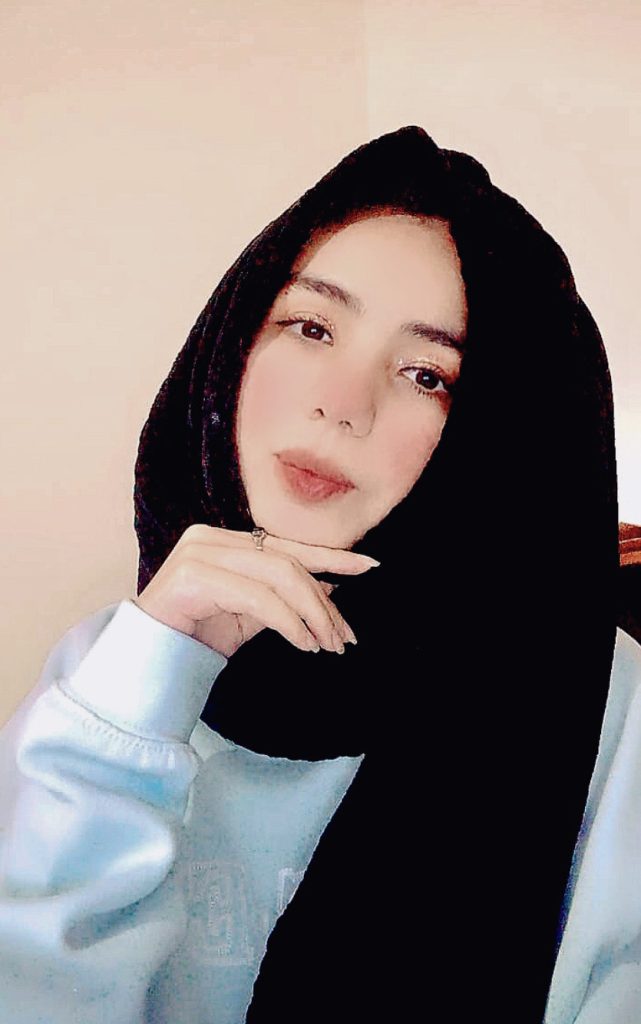
Essence of Love
Thee, heavenly eyes,
Astonishingly invites,
the butterflies to flight
and invades the engaging delight
Yet, When my heart strikes
Sensuously Thee, impression excites
Again, our memories reunite
And echoes the enjoyable night
Thee, the dazzling sensations!
Multiples the frenzy attractions
O’ Silk and soft redemptions
Unlash and splash the attention
Ah! Transparency reveals
When thee, heavenly heal
And yes, our generosity ever deals
As thee, enthrallingly appeal
Yes! The Love senses!
Thee, mysterious smile, unveil the mate
The essence of loveliness encapsulates
And altogether the imprints activate
Ah! Every instant trace my sight
Yet then, I am delicately alight
Cuddle with a pigeon often at night
Oh! make me live a thousand might
Thee, Beautifies the beauty
And slightly mesmerize the duty
Joy and jumble in a fragrance of fumes
Cup and cure the color of resumes
Smiles
Yes! Essence of emotions
Whispers every single night
Like an exciting notion in flight.
A Floral Fragrance
You are a Fragrance embedded in my mind
You are a Fragrance of an exceptional kind
Fragrance of beautiful red roses
Fragrance of cherry blossoms in poses
Intensifying to the heaven
Fragrance extended and embedded at eleven
That is always fresh, pleasant,
and cherished the fumes of his scent
Yet, a sensation, an affection
And musical memories of discussion
Still imprinted and implanted
Glint and softly granted
You are a Fragrance fused with zenith and Zeit
Wrap with loveliness and yet too quiet
Polishing an underdone art
Bringing a light to the sensitive sight
Pleasure, pain, struggle, and delight
O’ The lesson of all kinds
Just like the embedded fragrance forever in my mind
Invisibly color the uncolored
And fade away the veiling blurred
Sparkling eyes having visions inside
Innocence offers ravishing rides
O’ The fragrance of generosity and humble
Regards, Respect, and dignified dale make it a bubble
A feeling of expressing is now double
Fragrance of all styles
Fragrance that touches the unheard miles
Grooming the dimness into eager lights
O’ the Dazzlingly fragranced like a hearth
Dispersal at the end of your breath.
Tajalla Qureshi, a radiant literary gem from Pakistan, stands as a beacon of creative brilliance. A wordsmith par excellence, she masterfully blends introspection, devotion, and creativity into compelling narratives that transport readers to enchanting dimensions. Her art lies in weaving words into wonders.
Additionally, a true polymath in the literary world, Tajalla’s portfolio spans poetry, creative columns, essays, and flash fiction. Each piece is a testament to her unyielding passion and finesse, intricately designed to evoke profound emotions, spark vivid imagination, and inspire the human spirit.
On the flip, celebrated as an international interviewer, columnist, and editor, Tajalla’s voice resonates far and wide, captivating audiences around the globe. Her unique perspective, lyrical style, and profound insights have cemented her place as a leading figure in contemporary literature. Furthermore, her work exemplifies the transformative power of words. With every sentence, she crafts an intricate tapestry of emotions, ideas, and lived experiences, inviting readers to embark on a journey of introspection, growth, and boundless wonder.
I. Dark Prologue
Walking through the hillside,
with a hiking bag slung over my shoulder
and a pair of dusty shoes, I feel the cold
seep into my bones, making me shiver.
The dim night, the howling wind. I drag my heavy feet,
continuing along the mountain’s flank.
My consciousness gradually fades,
blurring the boundary between reality and illusion.
II. Debris Narrative Piece
Perhaps I have returned to a reality
long buried in my memories.
My classmates turned my back into an ant’s paradise.
When their pranks crossed a certain point,
it felt as if an engine roared in my mind.
Powerless and angry, only cold and flame remained.
Mocking laughter was like the stench of rotting corpses.
Vultures might love it, but I detest it. Perhaps,
the vultures are the classmates themselves. Perhaps
they find joy in teasing one another. Perhaps,
the classmates: one, two, three, more.
Vultures: one, two, three, more.
The Sacred Mountain reappears before my eyes.
III. Rebel Sonata
Shadows flicker; the road is rugged;
the heavy snow strikes my face,
stretching endlessly before me.
I dream, I pray, hoping there aren’t
so many vultures attacking.
I dream, I pray to become a black-clad warrior,
to withstand all forms of malice.
I dream, I pray to reach the mountaintop
and find a tranquil realm—a place without
discrimination, war, or divisions.
Bellies, teeth, and fur. The vultures’ bodies
come into focus before me.
Their long claws shoot flames,
swift as lightning, like Wolverine’s in the movie,
longer than the epic of the Mahabharata.
The earth splits, and the shrubwood is destroyed.
Flames stab across my down coat,
almost scorching my hiking bag with violent burns.
The flames, like serpentine trails, dart everywhere,
burning everything. Their wings whirl,
bringing a huge chill wind,
akin to this arctic climate.
Fear is a tangible reality,
yet the shadow of fear within me
is more terrible than fear itself.
The vultures are the enemies;
fear is instant, always present in life.
They attack, they revel, they laugh madly.
I struggle madly to resist.
IV. Freedom Rhapsody
Unsolved math problems sway like classmates’ proud heads,
always presenting puzzles instead of solutions.
Their voices echoed in the classroom,
turning into atonal music,
reminiscent of Igor Stravinsky.
With blades drawn in my imagination,
I cut away my incompetent self.
Whatever the cost, I hope to achieve one thing.
I aspire, I pray, I cannot fall on this treacherous journey.
I aspire, I pray, to keep marching forward.
My flashlight not only illuminates the path ahead,
it also becomes a sword, slaying my weaknesses
on the frigid trail to the Sacred Mountain.
V. Solo Piece
When they prepared their mischief once more,
I rose, statuesque, with a voice like rolling thunder,
and said, “No.” My voice was loud: once, twice, thrice.
It drove away the vultures before they could plunge me
off the cliff. Yes, I can.
“I believe I can say no to the malice in life.
I can become my black-clad warrior,
driving away bothersome vultures
and all manner of monsters.
I try, try,
again, like Sisyphus confronting his boulder.”
Red Blood
Blood rain is dripping
from the battlefield in the Far East now.
Every second. Every ruin.
Every window. Every child.
The blood moon makes someone shiver
with a special prophecy.
Women varnish a bloody red with painted nails.
An American friend has a bloody floor.
He was scratched by a bloody-haired cat,
his arm bleeding red over the screen
of his phone, smeared with blood last week.
The sunset, “暮” in Chinese words,
turns at dusk into a giant, red blood egg.
The yolk spills into the mushroom soup,
becoming a red-blood delicacy
with a juicy, rare, blood-spattered steak.
A medical-themed drink— Blood Energy Potion,
popular in 2014. Back in 1957, A painting—
“Black in Deep Red” an abstract collision from.
Yukio Mishima’s self-martyrdom
was an avant-garde show.
A display of red, an art of blood.
The uncanny cup my teacher,
bought yesterday, seeping blood.
The Bombax ceiba blooms with a vital red.
The sudden snow last year in Portland
dropped red on my blood-covered poetry,
a memory of a deceased friend.
The friend’s name is pronounced like blood.
He was soaked in a bloody past.
A bleeding rose now grows before my eyes.
The red won’t let me forget.
It will flow into him at the grave,
whispering longing to him.
But Life Goes On
No one can touch my heart
It is as cold as the Arctic Frost
Friendship in the tech age
is Higanbana of flowers
Unreachable –
Unattainable –
My desire is lost
I stand on the Tower Bridge
amidst the dense fog
Faded memories drift through
not this foggy day
The vivid past has faded, somehow
And the party on the lawn
the dance during the party
the laughter of peals
echoed from yesterday
That’s yours, theirs and
is a blurred world
Where everyone is near
As I reach out the misty rain
like pine needles
it pierces my skin into London’s fogs
I can touch the raindrops
not grasp the joyous past
nor the distant future
within the fleeting mist
I want to ask
Will Men be one?
Will wars be none?
Will all races come together
And exist as one?
As the fog lifts
I am still here
Nothingness is silent,
yet contains all sounds,
empty, yet empty of nothing.
Nothingness is water—
water without shape.
Pour it into an indigo cup,
and the water takes the shape of the cup—
that is emptiness,
like someone truly seeing reality.
But nothingness is something
that reaches emptily toward itself.
Yucheng Tao, from China, is studying songwriting at the MI College of Contemporary Music in Los Angeles. His poetry has appeared in multiple literary venues, including three Wingless Dreamer’s Open Theme contest selections. NonBinary Review later reprinted his poem” Blue Horse” alongside an author interview. Synchronized Chaos featured three of his poems, while his work also appeared in Ink Nest, The Arcanist, Moonstone Art Center, Poetry Potion, and Literary Yard, Spillwords.
An Ecstasy
Whether beloved
Buddha or saint
Your breath quickens
Lips part pulse
Races your lids grow
Heavy so heavy
You aren’t bothered by
Your hair a bit disheveled
(I wonder if Saint
Teresa’s toes curled)
We cannot help ourselves
We ache for bliss
Mystical or corporal
Seek out an ecstasy
Seek to lose
Ourselves in the vast
Expanse of another
For a moment euphoria
Unburdening our identity
Setting aside agenda
Ownership power
The shame of suffering
Unleashing devotion in
Willingly relinquishing
Our bodies our souls.
How It Is
Here’s how it is
As I understand it
(Have I got this right?)
We go about our business
Scurrying about the planet
Clumsily clamoring for a spot
Spinning round the sun
Occasionally looking up
All crowded into a precious
Little space worshipping
Pondering upon the stars
And of course God who
Resides beyond those stars:
A lanky decrepit white man
Dementia setting in
At the very least quaintly
Absent-minded though still
Omnipotent and omniscient
Who merely surveils
Suffering from afar
Lazy old voyeur
And once in a great while
Sends someone special
When we get a bit untidy
On the seasonal precipice
Of self-destruction when
We slaughter one another
Over slight differences
In interpreting God’s
Incompetence God’s love
Another Silence
For those sages
Lao or Chuang Tzu
(Maybe even Siddhartha)
Silence came naturally
Nirvana turned slowly
Silence now requires
The unattainable –
Far too much patience
To be at all effective
To have any impact
Upon our lives
Our intricate elaborately
Constructed karma
The well-intentioned
Vows of silence
Of monks and nuns
In serene monasteries
Seem quaint but futile
Solutions to the clamor
Of a peevish throng
And I am thinking
Anymore silence
Is rather irresponsible
A reckless wu-wei
An obsequious inaction
All spins too swiftly
Suffering too pervasive
Comes hard and fast
Though priceless
We’ve run out of time
For mute circumspection
To adequately flourish
David Sapp, writer and artist, lives along the southern shore of Lake Erie in North America. A Pushcart nominee, he was awarded Ohio Arts Council Individual Excellence Grants for poetry and the visual arts. His poetry and prose appear widely in the United States, Canada, and the United Kingdom. His publications include articles in the Journal of Creative Behavior, chapbooks Close to Home and Two Buddha, a novel Flying Over Erie, and a book of poems and drawings titled Drawing Nirvana.
Night Passage
Driving all night
nobody out on the road
listening to my truck radio
old songs singing along
remembering the old days
all my friends passed away
party times and praying for others
when it was okay
to speak your mind
heart loving
wife and kids
smoking my cigar
blowing the smoke out
exhilarated
in the freedom of America.
MY ABSENT PRESENCE
People will weep.
Maybe they’ll pray.
They’ll likely say
nice things – Oh, Christ!
–When I met them.
–Where we took care.
–How I look now.
Then all my friends
will become still
as our whole past
binds up their minds
and that’s my brand.
ANOTHER YEAR ENDING
The geese are gone.
Another winter’s coming on,
and then a sound sleep
before we wake and leap.
Another year’s ending,
and then a new beginning.
Because life needs a frame
every year’s the same.
DUCK TAPE AND CHICKEN WIRE
A man can fix any part
with duck tape and chicken wire
except for a broken heart
and a field of wheat on fire.
The crop will grow back again
but the heart will never mend.
TONY
My first dog taught me justice,
mercy, and forgiveness.
When I pulled Tony’s tail
he bit me without fail,
and then he’d lick my face.
And thus I learned ‘bout grace.
God gave a dog to Adam
both as consolation
and as compensation
for the loss of Eden.
773౺
I’m upside down in Hell deeper than a dry well.
Oh, but why am I here with crooked financiers,
blasphemers, murderers, thieves, and adulterers?
The Devil came to me and he grinned wickedly.
“You’re here because you failed to live a life unveiled.
You had your mortal faults and kept them in your heart
instead of admitting, instead of correcting.
You, no self-inventor, just let your failings foster.
You never tried to move, get better, or improve.
If you’d been more driven, now you’d be in Heaven.”
And then I woke in sweats,
aware of mortal debts.
EXACTLY!
Eggs white, eggs brown.
The yolk is the same,
exactly the same.
Albumen’s the same,
exactly the same.
White ones, brown ones,
their soul is the same.